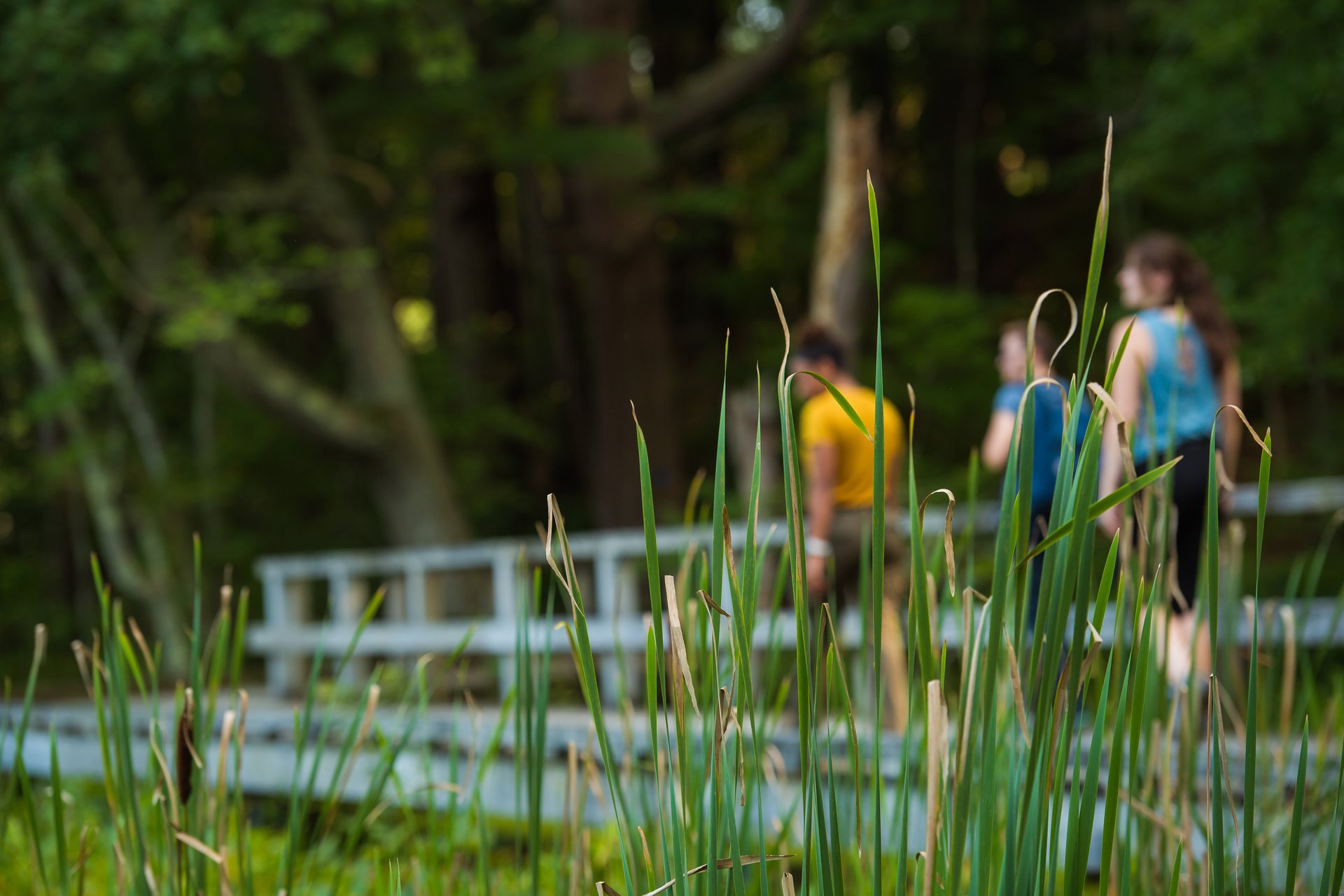Homeschool: Winter Nature Investigations
-
Habitat Education Center and Wildlife Sanctuary, Belmont
-
Class 5 of 6
Thursday, February 5
10:00am-12:00pm
Age 11 - 13



